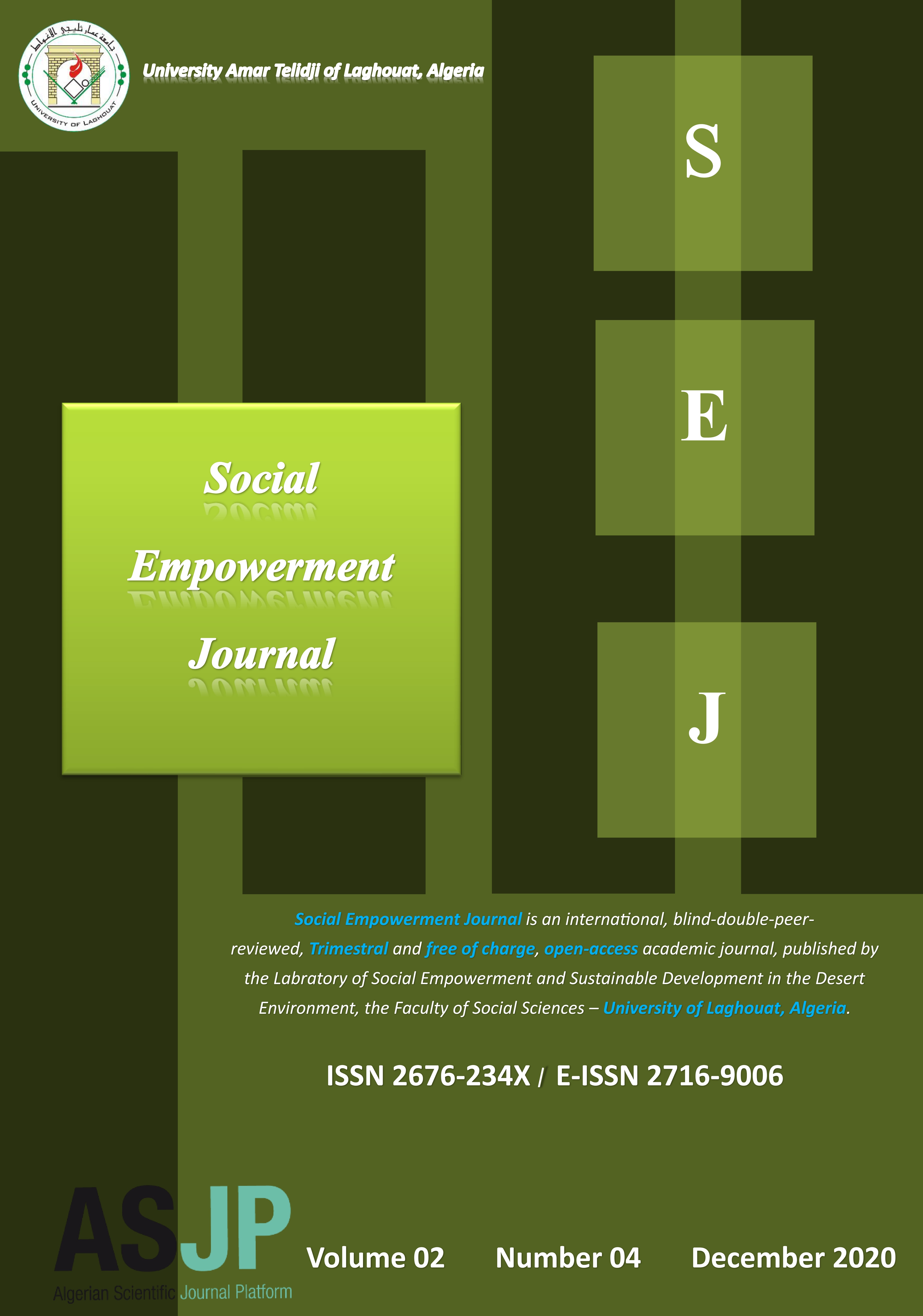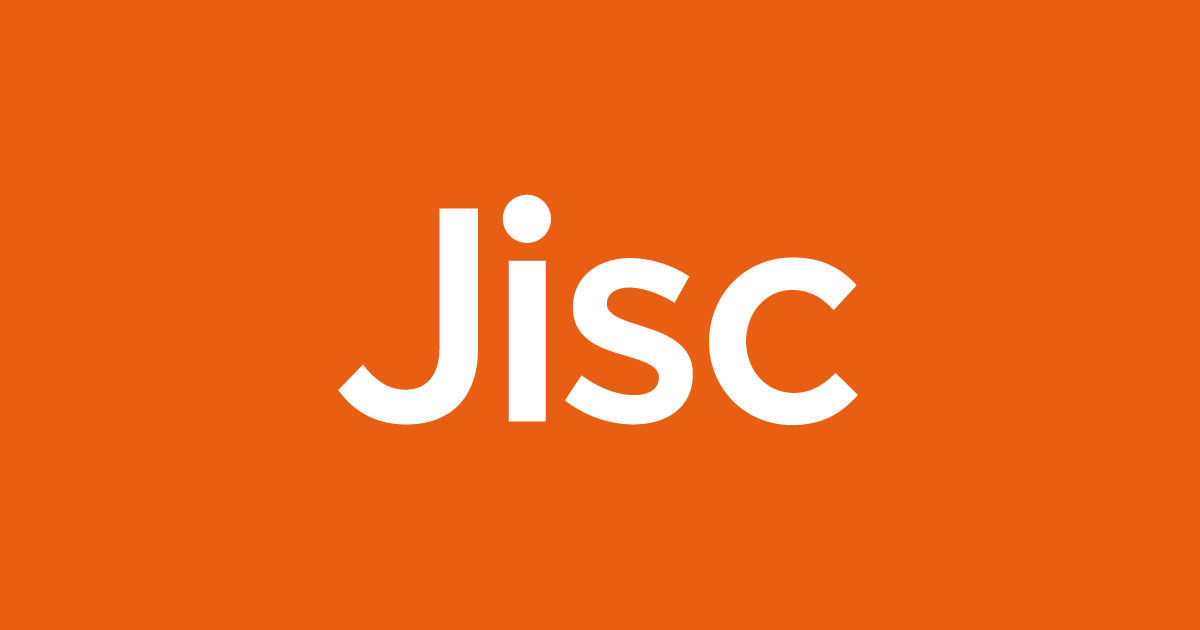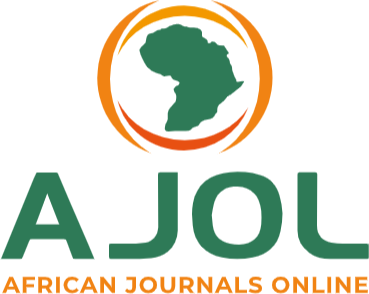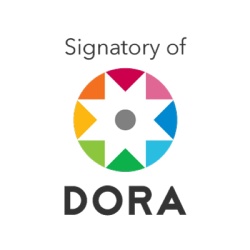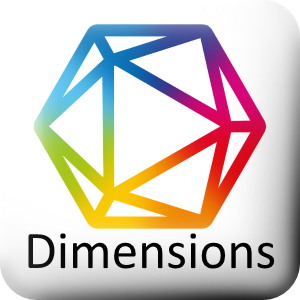E-learning… is a contemporary mechanism towards activating the educational process
التعليم الإلكتروني... آلية معاصرة نحو تفعيل العملية التعليمية
Abstract
This article deals with the topic of e-learning as a contemporary mechanism towards activating the educational process, and the importance of this type of education at all levels of education, and the purpose of this article is to know what E-learning and its outputs are, and to research the edges of the educational process in E-learning, and what are the contexts and limitations in that, in addition to measuring the effectiveness E-learning in the educational process and quality standards in that. The article also touched upon global models in E-learning globally and in the Arab world.
Downloads
References
- Arabic references in English:
Al-Hamdi, K. H. (2010). Guidelines and Standards for Quality in E-Learning. Mansoura University Journal, Egypt. Journal of e-learning, Mansoura University, issue: 05.
Al-Harbi, A. B. A. (2012). Proposed Standards for Measuring the Quality of E-Learning in Saudi Universities. Journal of educational technology. Arab society for educational technology.
Azahi, H. (2012). E-Learning in Algerian Universities: Manifestation Components and Implementation Obstacles, [Master's thesis, Department of Library Science, Faculty of Humanities and Social Sciences, Mentouri University, Constantine].
Al-Abadi, A. W. H., & Abdul Aziz, B. H. H. (2014). Obstacles to Implementing E-Learning: An Analytical Study at Hadbaa College, University of Mosul. Rafidain Development Journal.
Al-Anzi, S. B. M., & Al-Allah, M. A. H. (2016). Developing E-Learning at Al-Jouf University in Light of International Quality Standards. Journal of Educational Sciences.
Barghouti, T., & Masoudi, L. (2016, December 20). The National Forum of the Generation Research Centre on Modern Educational Technologies Organized by the Algerian National Library. Retrieved from Generation Research Centre: https://jilrc.com/.
Belbaki, J. (2015). E-Learning in the Context of Current Transformations and Future Challenges: The International Conference on Education and Development Issues in the Gulf Society, Kuwait University. Retrieved from Generation Research Centre: https://jilrc.com.
Ibn Rayhan, M. B., & Al-Masah, B. S. (2019). E-Learning: Utilization, Uses, Characteristics, Applications, and Obstacles. Comprehensive Multidisciplinary Electronic Journal.
Ibn Ali, R. (2011). E-Learning from the Perspective of University Professors: An Exploratory Study at Batna University. Special Issue on Computer and Information Technology in Higher Education, Journal of Humanities and Social Sciences, University of Kasdi Merbah Ouargla.
Hayek, H. (2014). Quality Standards for E-Learning. Retrieved from Naseej Academy: https://n9.cl/w17e7 .
Khamra, T., & Khamra, B. (2011). E-Learning in Higher Education: Motives and Obstacles. Special Issue on Computer and Information Technology in Higher Education, Journal of Humanities and Social Sciences, University of Kasdi Merbah Ouargla.
Abdul Latif, A. M. (W D). E-Learning: An Effective Means of Improving Higher Education. Retrieved from University of Babylon: https://n9.cl/2z5bu
Qashmar, A. L. A. D. (2017). Requirements of E-Learning in the University Educational Process. Journal of Generation of Humanities and Social Sciences, Lebanon.
Mohamed, A. R. M. (2012). Utilizing E-Learning to Achieve Quality Standards in the Educational Process. Arab Journal for Quality Assurance in Higher Education.
Boufateh, M., & Al-Eidi, A. (2018). Backgrounds of E-Learning in Higher Education: University of Agouat as a Model. Research Journal of Humanities and Social Sciences, University of Kasdi Merbah Ouargla.
Al-Eidi, M., & Al-Eidi, A. (2019). Curriculum Design in E-Learning and its Pedagogical Applications at Algerian Universities: An Analytical Study. Pedagogy Journal, Volume 1, Issue 1, University of Msila.
Education and Training Encyclopedia. (2018). Experiences from Around the World in the Field of E-Learning. Retrieved from Education and Training Encyclopedia: https://n9.cl/lrosm .
Jordanian Life. (2016). What is the Role of the Learner in E-Learning? Retrieved from Jordanian Life website: http://lifejordan.com.

This work is licensed under a Creative Commons Attribution-NonCommercial 4.0 International License.

